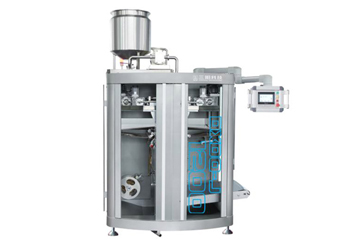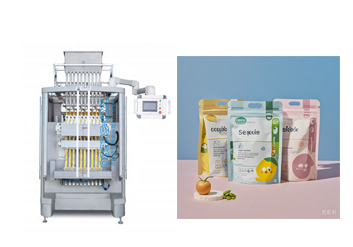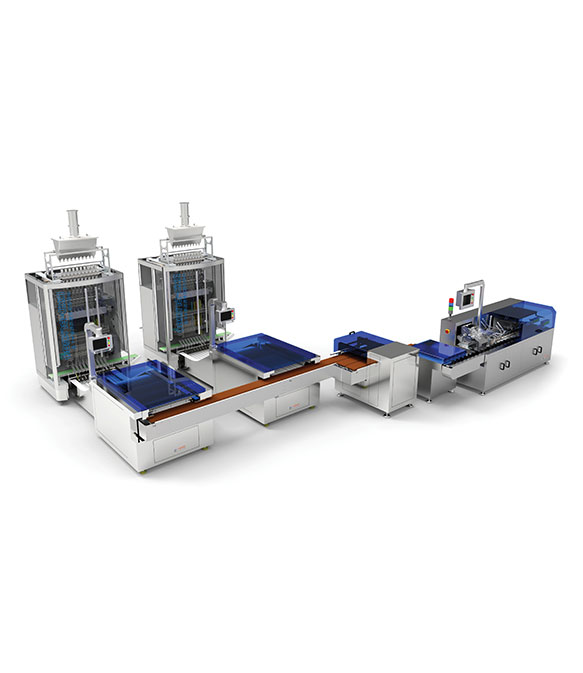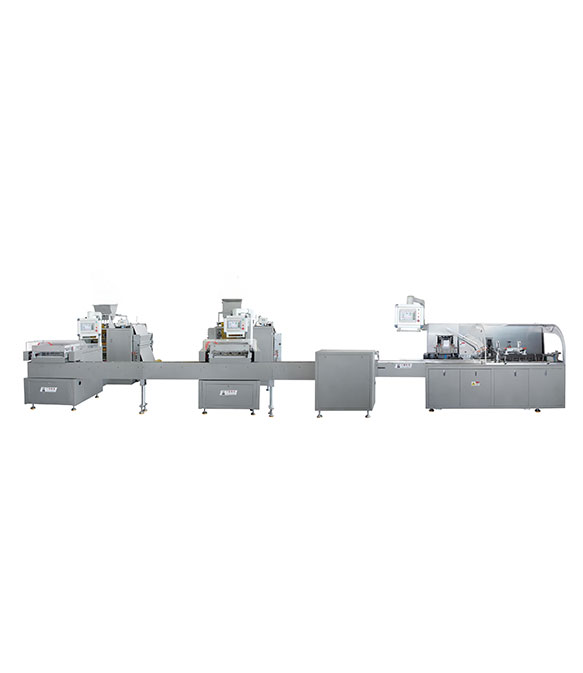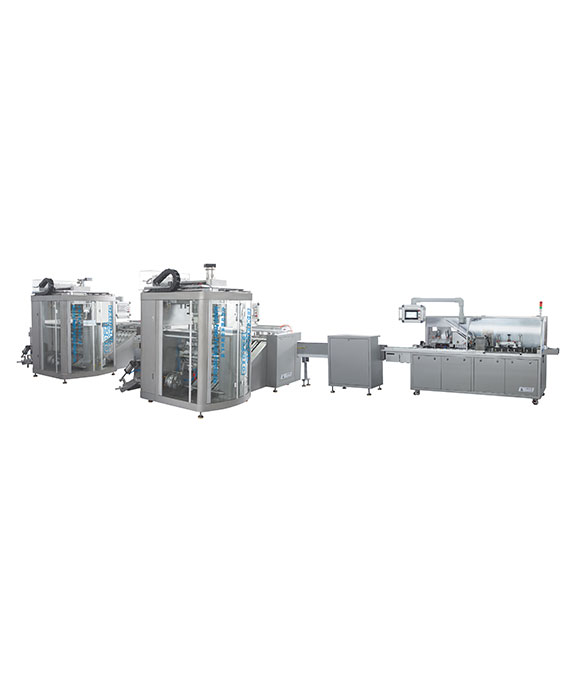Sealed sauce packets are common in restaurants, take-out orders, and home kitchens. From ketchup and mayonnaise to soy sauce and chili paste, these small sachets are convenient, portable, and long-lasting. But how long do sealed sauce packets actually last, and can unopened sauces still go bad? Understanding their shelf life helps ensure both safety and quality.
How Long Do Sealed Sauce Packets Last?
Generally, sealed sauce packets can last from several months to a few years, depending on the type of sauce and the packaging technology used.
-
Dry or high-salt sauces (soy sauce, vinegar, hot sauce): 1–3 years
-
Oil-based sauces (mayonnaise, salad dressing): 6–12 months
-
Tomato-based sauces (ketchup, barbecue sauce): 1–2 years
-
Creamy or dairy-influenced sauces: 3–12 months
Because sauce packets are sealed in a controlled environment, they have a longer shelf life than sauces stored in bottles.
Do Sauces in Packets Expire?
Yes. Even though they last a long time, sauce packets do expire. Most will include a printed best-by or production date, but even without one, oil separation, flavor changes, or pouch swelling can indicate expiration. Over time, oils turn rancid, preservatives weaken, and flavor degrades.
Do Sauces That Aren’t Opened Go Bad?
Unopened sauces eventually go bad due to:
-
Oxidation within micro-air pockets
-
Chemical degradation of oils or spices
-
Loss of preservative effectiveness
-
Exposure to temperature fluctuations
Although they are safe for extended storage, they won’t stay fresh forever.
How Sauce Packaging Machines Prolong the Shelf Life of Sauce Packets
Modern packaging equipment—such as Sanyang’s Sauce Packaging Machine—plays a crucial role in extending shelf life by ensuring precision, hygiene, and superior sealing.
1. High-Precision Sealing
Advanced heat-sealing prevents air leakage and moisture intrusion, protecting sauces from contamination.
2. Vacuum or Nitrogen-Flushing Technology
By reducing oxygen inside the pouch, machines slow down oxidation and microbial growth.
3. Food-Grade Layered Films
Multi-layer films offer strong barrier protection against light, oxygen, and humidity, keeping sauces fresh longer.
4. Automatic Dosing Accuracy
Accurate filling reduces residue on the sealing area, preventing weak spots that could shorten shelf life.
5. Strict Sanitation Control
Automated processes minimize human contact, lowering the risk of bacteria or dust entering the packets.
Tips for Estimating Sauce Packet Shelf Life
If a sauce packet has no expiration date, use the following guidelines:
-
Check appearance: discoloration, oil separation, or darkening may indicate aging.
-
Smell before use: rancid or sour odors mean it should be discarded.
-
Feel the packet: swelling often suggests gas-producing bacterial activity.
-
Type of sauce matters: high-acid and high-salt sauces last longer than creamy ones.
-
Use within 1–2 years: most packets are best consumed within this timeframe unless otherwise specified.
Where to Store Sauce Packets?
Proper storage extends their usable life:
Best Storage Places
-
Cool, dry pantry
-
Kitchen drawer away from heat sources
-
Storage boxes or airtight containers
Avoid
-
Direct sunlight
-
Extremely hot or humid environments
-
Near stoves, ovens, or dishwashers
Some creamy sauces (like mayonnaise) should be refrigerated after opening, but sealed packets can stay at room temperature.
Conclusion
Sealed sauce packets can last from months to years thanks to airtight sealing, preservatives, and advanced packaging technology. While unopened packets can eventually go bad, proper storage and simple visual or smell checks help you determine if they’re still safe. With equipment like Sanyang’s Sauce Packaging Machine, manufacturers achieve longer shelf life through superior sealing, precise filling, and hygienic production.


